Stephen, Ghana/Northern Ireland
[Let’s start with ‘What is your name?’ ] Stephen Asibey.
[And how old are you?] I’m over 66 years of age.
[Where are you from?] I’m from Ghana, in West Africa.
[What did you do there?] I was just a schoolboy.
[So, when did you leave?] I left way back in 1960…it was [19]56, as a young schoolboy.
[And who did you leave with?] A nice Scotsman called John Anderson brought me over to Britain. At school, they used to come and fetch schoolboys to be a playmate to the family. I was selected, picked by [the family] after school to go and play with a little girl, the daughter of them, and of course they liked me, she liked me, my attitude, so she decided to tell my parents that she would bring me to Britain. And from there, I went into nursing straightaway.
[Well, the next question is ‘Why did you choose Belfast?’ but that’s]—That’s because of my profession, they advertised for nurse teachers at that time, and I came, I came over from Scotland (Glasgow) to Northern Ireland (Belfast) in 1984 to do teaching in the nursing school, yes.
[Can you talk a little bit about your career in Belfast?] My career has been very—how should I say—very lengthy, successful, working with people I’ve been really [delighted] to meet. And, I went on from ordinary nursing school, went into Queens University to teach and from there left to do theology while at the same time supporting myself this time working in nursing homes, and I got a degree in theology.
[And what do you do now?] Now? At the moment I am not working, because of surgery I had to my back. It will take a long time before I can work, so I am more or less in a retirement age, and I’m still very active. I want to be able to continue nursing, and one of my objectives is to be able to go and help out when disaster falls, just as we had noticed in [the] Philippines, but unfortunately I’m not able to. On the whole I have enjoyed nursing, I’m always pleased to help the invalids.
[What object did you bring with you?] I brought a comb, an African comb, to be able to comb through my hair because it’s very thick, very curly, that’s the reason, and I always missed it.
[How long have you had the comb?] This one, just two years ago, but I continue [to] renew it, ‘cause two years ago I went to Ghana and I thought I should get a new one, so that’s it.
[What was the biggest culture shock when you came here, coming from Africa?] Em...culture shock, there was many of them…in the traditional culture, well, in the climate of Africa we walk very slow and do things, so one of my greatest shocks was seeing the white people altogether walking so fast, doing things quickly and so forth—that was my shock, because even in nursing, when I was doing things in a very gentle way I could see my colleagues at the very start doing very cleverly and considerably—[I was] very considerate with the patient, but I always seemed to be doing it so slowly so I realized that things need to be hurried up. So that was a shock. Also, the language was too, I had to—they speak so quickly, I sometimes couldn’t get it, so that was a shock, so I had to relearn to moderate my own way of speaking.
[What language do they speak in Ghana?] When we go to school in the early days, kindergarten or nursery, we learn our own mother language; once you start senior school you begin to learn English. This was chosen by the government for educational, commercial, and other purposes, and for travel. Very recently, I went to Ghana in the beginning of this year ‘cause I was unwell, ‘cause of my disability I went to show myself to my remaining family, my cousins and such…so when I went, I was very impressed—even young school[children], they can speak fluent English, yes…
[That’s wonderful.] Yes, I was really pleased with that.
